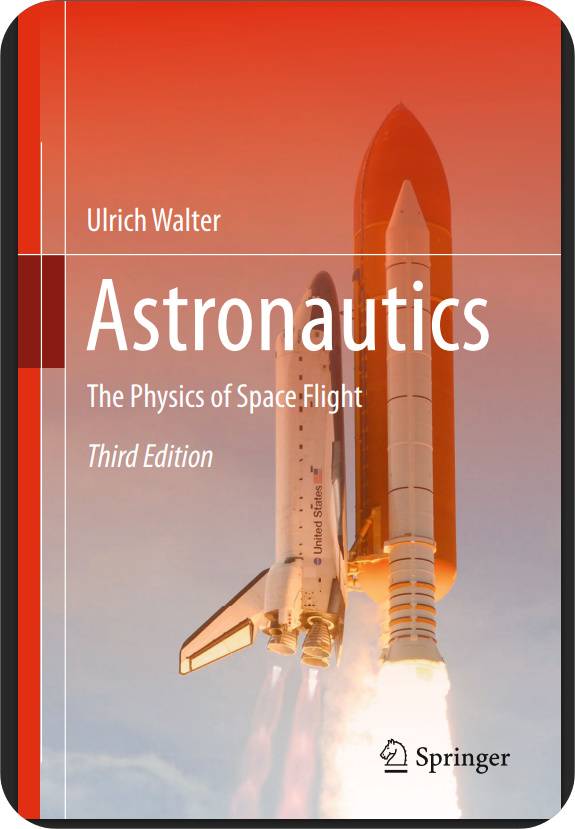Confession of a Buddhist Atheist is beautifully woven and presented by Stephen Batchelor in form of a written collage, as he himself mentions at the end of the book. Although the book is in narrative mode yet no where we found it a story presented by the writer in fact, while I was into the book, I felt as if Stephen is talking to me and describing the sequence of his life’s events which led him towards Buddhism and finally his discovery of motif in life.
Having scant religious indoctrination the young lad of eighteen, he wanders from his native country England towards eastward and settles in Dharamsala, North of India. It is here that Stephen feels in sync with the teachings that satiates his questioning mind. He is first introduced to Geshe Rabten who left an important mark in the impressionist mind of Stephen. Although after couple of years, he feels certain disagreement with his teachings yet the effect didn’t diminish his respect towards him, admitted Stephen.
Mindfulness meditation is the first technique that he imbibes through Geshe Rabten and S.N. Goenta both in India and later in Switzerland, where he went for dispersion of Buddhism. While he Switzerland, Stephen started feeling restlessness as he no longer felt convinced about the dogmatism being presented by the school of religion. Along with this, he discovered insatiable thirst of questioning and skeptical mind. Finally, he confronts his teacher and asks his permission to leave for Songgwangsa, South Korea to learn Zen Buddhism under Kusan Sunim. Within some time, it dawned upon Stephen that his new teacher is more inclined towards rituals and traditional scriptures and that there is insignificant place for Dharma, an outlook, which Stephen found difficult to assimilate consequent upon which he decided to disrobe.
In Songgwangsa, he also met a French woman, Songil, who happened to be a num at the place. Having the same line of thought towards Buddhism, both decided to leave the monastery and converging their relationship into marriage.
Stephen and Martine (Songil’s new name) travelled to Hong Kong, China, Lhasa and finally to West. There they decided to delve more into Buddhism and its fundamental message. Accordingly, Stephen was able to surface the hidden messages and sequences that led to the development of Siddhattha Gotama awakened as the Buddha via Pāli Canon. Surfacing this aspect of Buddha, the writer gave the entire book structure and thrust.
Neatly, Stephen has been able to present the very message of Buddhism, which is, it is not about religion rather a methodology of living. This book has openly diluted the orthodoxies and mythologies that still exist with the life of Gotama Buddha. His journey and research in this book has acted as a guiding light for those who are completely new to Buddhism and for those who know something about it, this book will illuminate more knowledge. The book is engrossing, after all, its peeping through the chinks into a living life that existed around 2,500 years ago.




